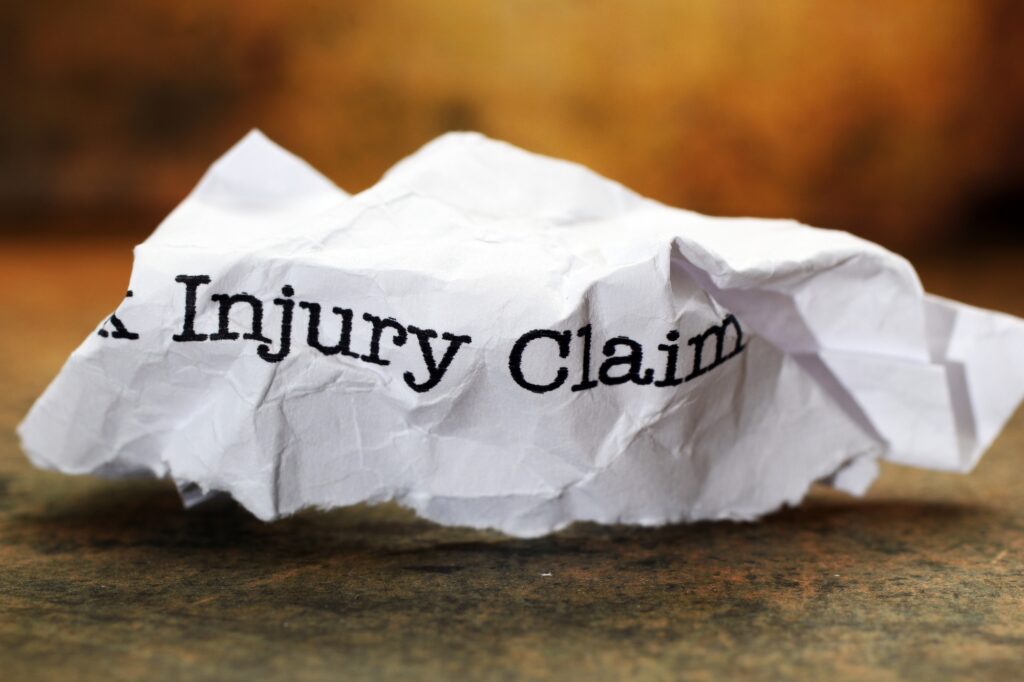Personal Injury Lawyer
Luckily, not every automobile wreck involves personal injury to people. In some instances, a negligently operated car strikes and damages an unattended car. In other instances, a negligently operated car strikes and damages an occupied car, but does so in such a manner so as not to injure the occupants, or not injure them seriously enough to warrant medical attention. Property damage may ensue, but no injury to innocent occupants.
In these instances, the expense, frustration, and delay occasioned by the repair of the damaged vehicle may well be the most taxing portion of a claim which does not involve personal injury to the drivers or the occupants of the involved vehicles. If all parties are operating fully insured vehicles at the moment of the loss, the person deemed or found to have not been responsible for causing the accident has an option presented to them with respect to having their vehicle repaired. They may choose to utilize their own insurance company to fix their vehicle. There is an initial hesitancy on the part of many people to utilize their own insurance for fear of increased premiums -subsequently. The benefits to using one’s own insurance company when repairing one’s own car lies in that it is your insurance company not someone else’s. Under general principles an insurance company owes its insured person a fiduciary, quasi-fiduciary responsibility or duty of fair dealing, to ensure that insurance benefits are properly and promptly delivered.
Generally, a person relying on their own insurance company to fix their damaged vehicle should typically anticipate a prompt repair. The downside, or drawback if you will, of using one’s insurance company to repair the damage, lies in the certainty that the insured person typically will have to pay an out-of-pocket deductible- unless waived by their insurance company. The good news in this respect is that generally, an insurance company will ask for, and in many instances is able to get that insurance deductible back from the at-fault insurance company when they receive their payment through intercompany arbitration. The potential pitfalls of using the at-fault parties insurance company to repair one’s vehicle after an accident is that the insurance company on the other side might not agree that their insured was at fault. Indeed, that insurance company might take significant time to investigate who was at fault and might not treat the repair of your vehicle with the priority that you would expect. The upside of course is that there is no deductible to be paid upfront in these situations. The trade-off is the potential for delay at a time when many impacted individuals do not want to, or cannot afford, delay.
If you need to file a claim with your insurance company, contact a lawyer near you for help to ensure that your claim is accepted and your compensation dispensed quickly.

